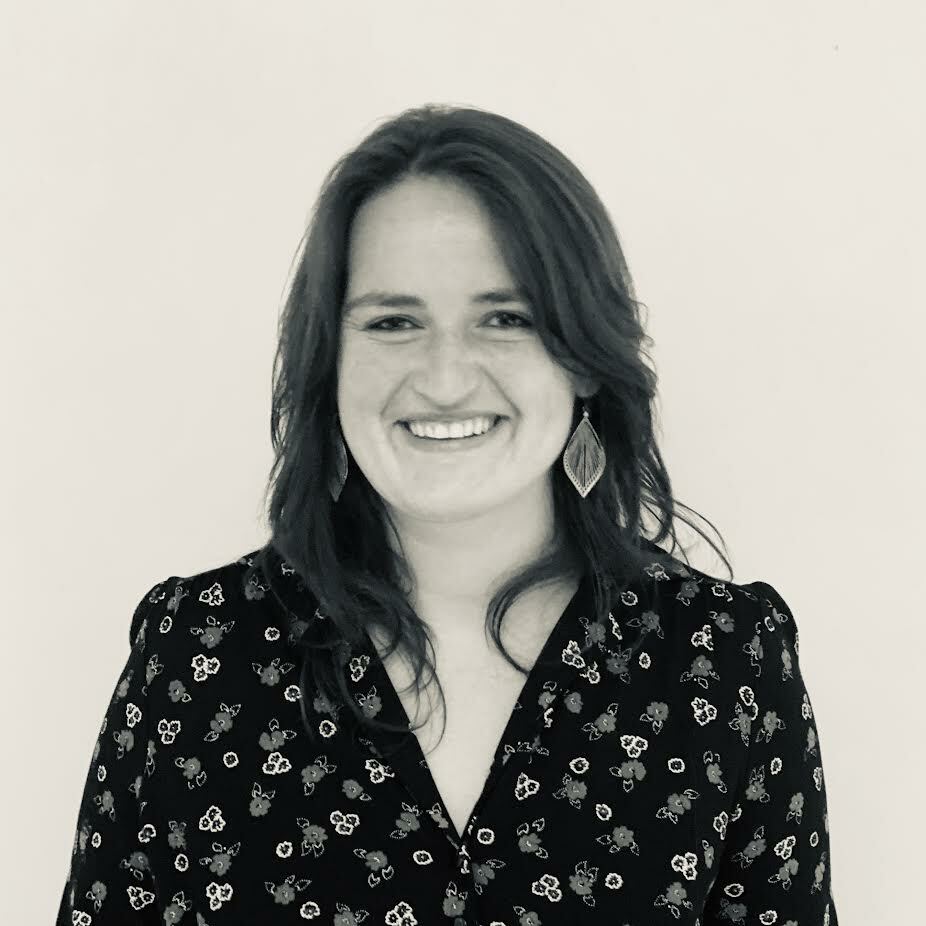Kim Strubbe - Psycholoog

The interaction between body and mind has fascinated Kim from a young age. After completing her Master of Science in Psychology at Ghent University, she further honed her clinical skills at the Multidisciplinary Pain Center of AZ Sint-Jan in Bruges. Since 2009, she has been treating people primarily dealing with psycho-physiological dysregulation and/or pain problems. She further developed her therapeutic skills through a postgraduate program in psychotherapy at KU Leuven, where she delved into Mentalization-Based Treatment (MBT), Dynamic Interpersonal Therapy (DIT), and Short-Term Psychodynamic Therapy (STPT), which is an evidence-based treatment for individuals with chronic (functional) pain complaints. Recently, she has focused on trauma and the body through additional training. Kim is a member of the Flemish Pain Psychologists and is recognized by the Psychologists Commission.
When individuals are confronted with pain, tinnitus, fibromyalgia, whiplash, chronic fatigue syndrome, burn-out, depression, and more, the patient's resilience and that of their environment come under significant pressure. Pain and exhaustion encompass much more than physical suffering alone. Various aspects of life are affected: familiar coping strategies no longer work, and many things that once seemed self-evident are now questioned. Patients may have doubts about their identity, relationships, work, etc. Often, trust in oneself and one's body is lost, leading to legitimate anxiety and mood disturbances. The stress system is chronically activated, leaving people unable to find rest and feeling depleted. They become trapped in survival mode.
Through a multidisciplinary approach, Kim, as a psychologist, works with you to help you see the bigger picture, gain more stability amid chaos, and rediscover some peace and trust in your own body. Stress and emotion regulation are key elements of this process. During the guidance, new priorities are often set, and values and norms are reassessed. Together with the patient, Kim seeks ways to approach the issues and their consequences differently.
Psycho-education is an essential part of Kim's work, as she views pain from a biopsychosocial perspective. Better understanding how our body and nervous system function can sometimes be the starting point for acceptance and change.
As a psychodynamically trained therapist, she pays attention to relationship patterns in the present. In therapy, she explores alternative ways of relating to others, making these interactions less energy-consuming and creating more space for self-realization.
To facilitate a safe context for (re)discovery, trust and respect for individuality are fundamental prerequisites. Empowering patients to regain their strength during the guidance is a primary goal.
